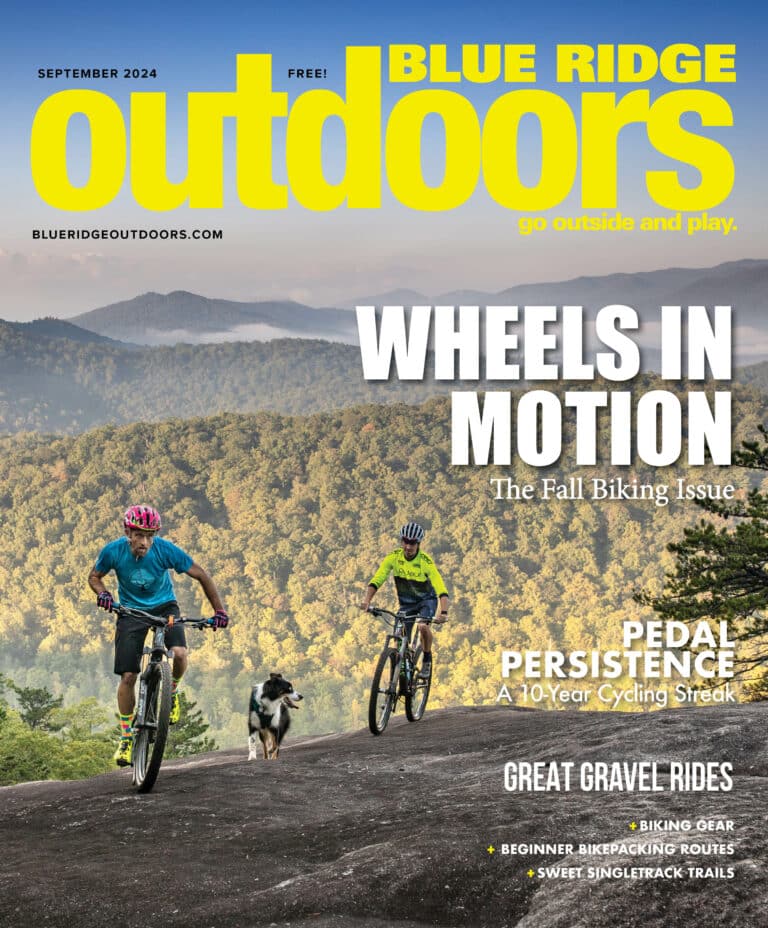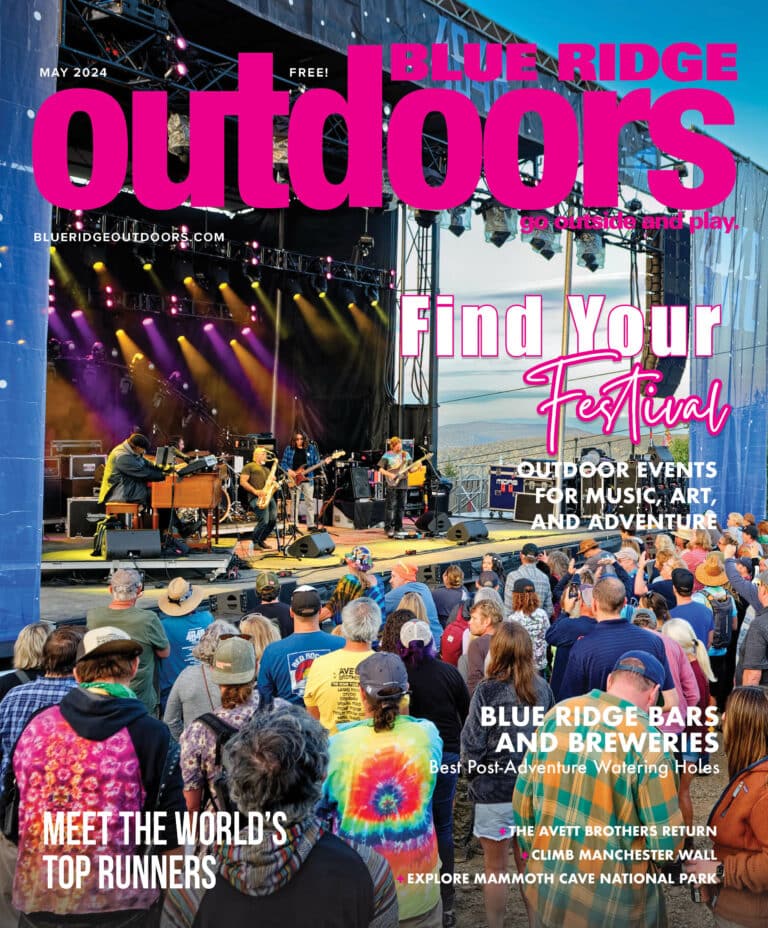Josh Wheeler’s Journey
Josh Wheeler shouldn’t be this fast. The 5’4” pre-med student is only 22 years old, sleeps only a few hours each night, and has a giant hole in his frontal lobe thanks to a bout with brain cancer. And yet, he’s making waves, with a handful of wins in 2009, followed by a podium finish at the 2010 Trans Rockies Challenge. BRO talked with Wheeler about lucky MRIs, and running yourself into the ground.
Congrats on the third place finish at the Trans Rockies. Were you expecting to reach the podium?
Definitely not. I thought a top ten finish would have been awesome, but we finished third. It’s a six-day, 120-mile event on varied terrain and I had been training in Duke all summer for the race so running in the Rockies was a bit of a rude awakening. We ran through high altitude deserts sitting at about 9,000 feet, fully exposed and hot. Then we got into the more traditional Rockies terrain.

It seems like those multi-day stage races are becoming more popular.
Yeah, I like the multi-day format. Rock Creek does a three-day stage race. These races cater to someone like me, a glutton for punishment. It’s basically how I train anyway: high volume miles each week. Although now I’m also incorporating speed work–track workouts, longer tempo runs.
I’m surprised an ultra-runner would bother with the track.
The track is a four-letter word for ultra runners, but I’d recommend it. It’s all about time constraints. I’m finishing my undergrad at Appalachian State in Boone, working for the Center for Human Genetics at Duke in Durham and applying to med school at Duke. It sounds busy, but I’m actually getting more sleep now because my school schedule is lighter than last year. I’m up from three hours a night to five hours a night. Still, there’s not a lot of time. I can hit the track pretty hard in a short amount of time and do 1200 repeats, mile repeats.
2009 was a breakout year for you. You won the Stump Jump 50K, the Upchuck 50K, the Lookout 100K, and the Rampage 40 miler.
And I paid the price for it. I have a triathlon background, but as my attention shifted to med school early in 2009, running appealed to me simply because of the time factor. I couldn’t train for eight hours a day to compete in triathlons anymore. But I could go out and run hard for an hour and a half and do fairly well in a race. So I started concentrating on ultras, but it snowballed. I did the Stump Jump, Upchuck, a marathon in Durham, the Rampage, and Lookout all within three months. I finished on the podium at all those races, but I was washed out. I had my eye on Mount Mitchell all year long, but two weeks out, I decided to hang up the shoes for a while. I could have run the distance, but I wouldn’t have done well and I might not have enjoyed it. So for two months, I studied and rested. It’s what I needed.
You were a nationally ranked triathlete, but you’ve also been running marathons for quite some time.
Since I was 13. I grew up in an active family so it never crossed my mind that I wouldn’t run a marathon. Somebody told me about the Chickamauga Battlefield Marathon, so I asked an ultra running friend to pace me through the race. The only thing I remember was having to walk up a hill to the car after the race. That was awful.
How did you find out you had brain cancer?
I’m not the tallest person. I’m about 5’4” and have always consulted a specialist because of my growth issues. We were discussing going on HGH to stimulate a growth spurt, but you need an MRI to make sure there’s nothing wrong with your pituitary gland. So I get the MRI. The report says there’s nothing wrong with my pituitary gland, but there’s a lemon-sized tumor on the front of my brain. A bit of good news, bad news.
Can you describe the experience?
I’m five years out from my diagnosis of a rare form of brain cancer. I had the opportunity to undergo chemotherapy or monitor it with MRI scans. Chemo meant taking a year and a half off of everything. We decided with my lifestyle, I would forgo chemo. Instead, I had two separate brain surgeries to remove the tumor. I’m 100 percent cancer free, but I still have an MRI every three months. I also have a large hole in my frontal lobe. It’s amazing I can even reason, honestly.
What was the most difficult part of that process?
The craniotomies were intense. After the second one, I lost all mobility in my legs for almost two days and my sight for almost two days. I was worried about the longevity of the paralysis and blindness, but I was in so much pain, that’s all I could think of. I was also having seizures. I just wanted it all to stop.
Did you come out wiser?
It was a surreal experience. I had no symptoms leading up to the diagnosis, and have had no complications after the surgeries. It’s as if that situation is disconnected from the rest of my life. A lot of people will look at that experience and say it changed their lives and that it makes them live for every day. I had already been living like that. But the biggest lesson I learned is to not waste any opportunity, to make the most of what you’re given. I want to excel because I don’t know if I’ll have the opportunity to do this in another year.
So what’s your running plan moving forward?
Now, I’m just running for the sheer pleasure of it. The fact that I might finish a little before other people is a bonus. I do have my eye on the 2011 Mount Mitchell Challenge. I’m worried about that last three miles downhill on pavement. That could hurt. I also plan to run the Mountain Mist in the spring. I’m not going to race as much, but I have a few races I’ve always wanted to do, so this is the year to do them. •







